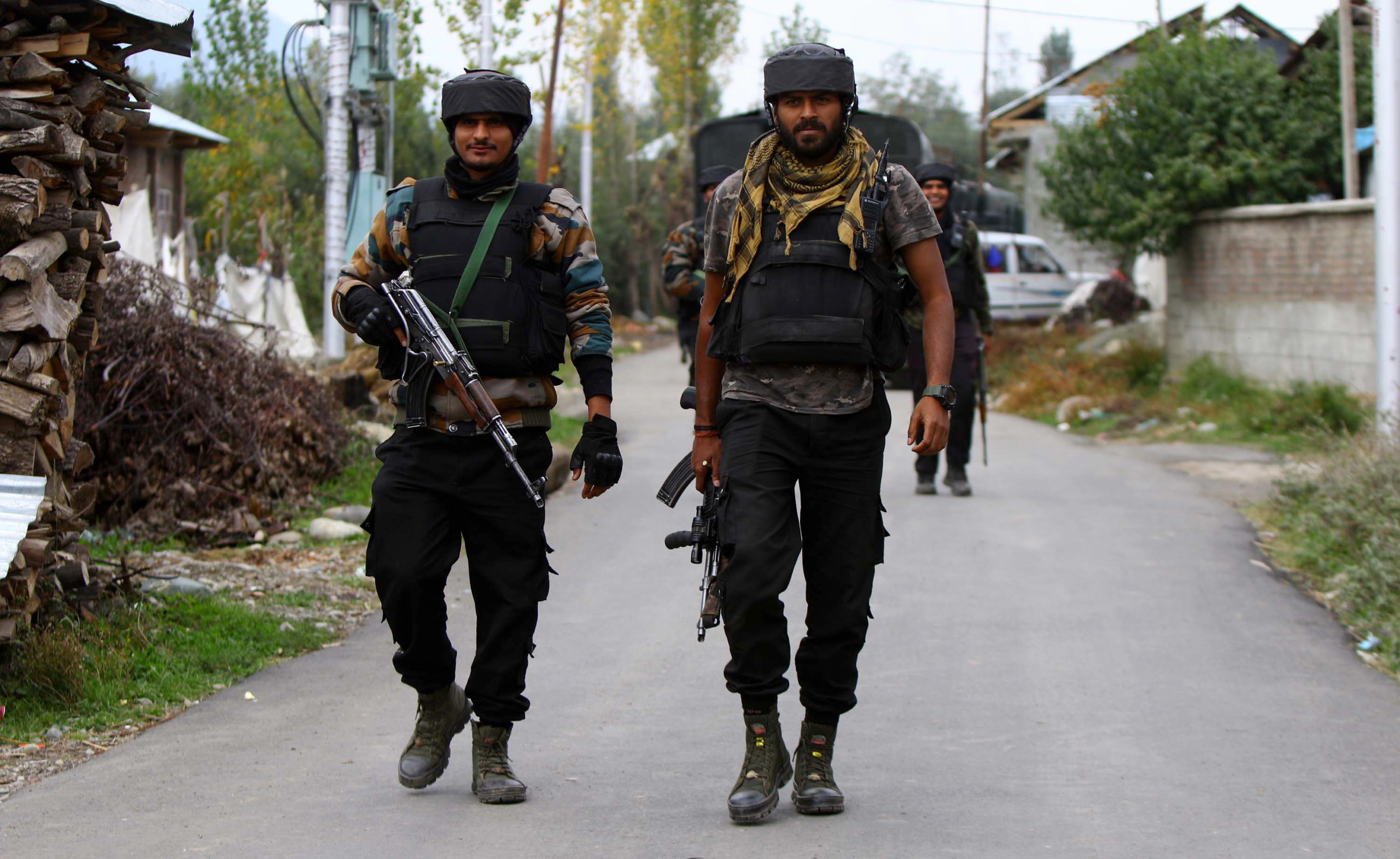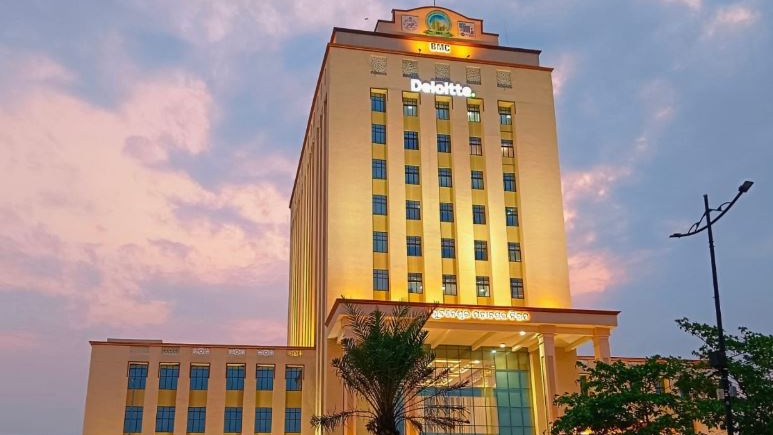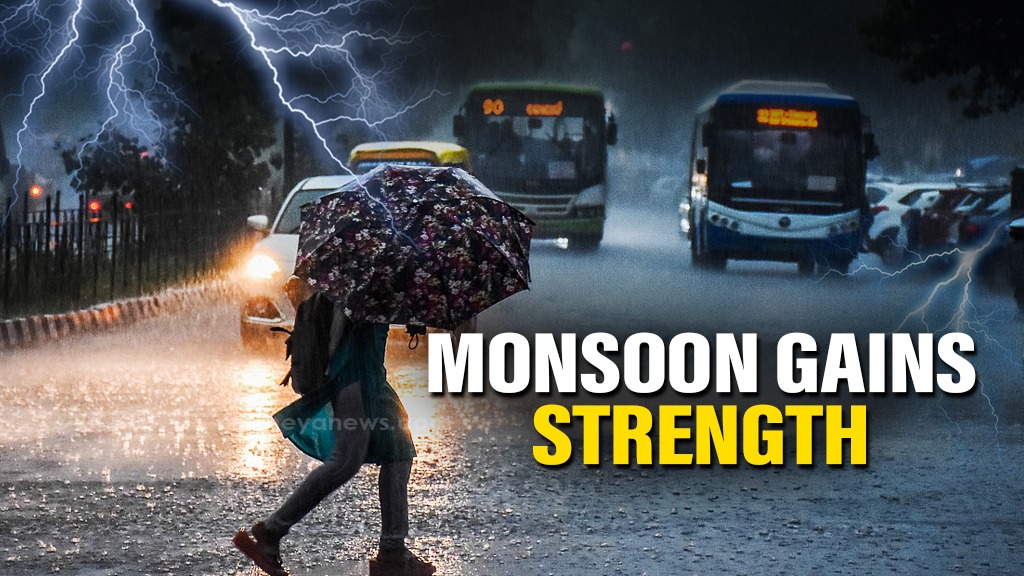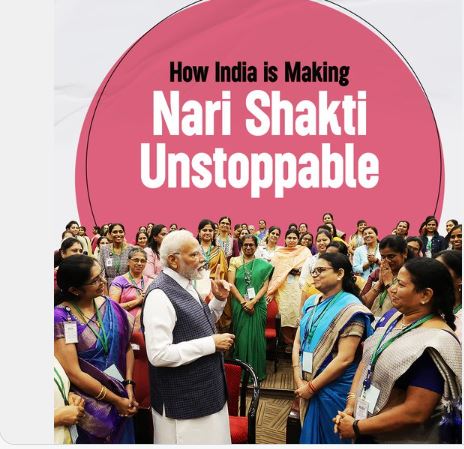Pakistan must display its trustworthiness on Siachen glacier before expecting demilitarization

By Arun Joshi The Indian army chief Gen M M Naravane has spotlighted the criticality of Siachen glacier in smoothening the Indo-Pak relations, especially in the context of the renewed call of Islamabad for dialogue with India provided Delhi agreed to discuss and resolve the Kashmir issue as one of the major themes in its National Security Policy. The importance of Gen. Naravane’s comments on the glacier has to be understood because of the timings and the situations that the Indian army is faced with in the theatre running from Kargil to Siachen and then on to eastern Ladakh . in a way India is caught in a three- Siachen like situations on its borders, where its troops are facing the adverse situations, mostly because of the severe weather conditions where minus degree Celsius is the norm even during summers. Added to that is the unpredictability of the troops of Pakistan and China along the LoC, LAC and the glacier. This is not an easy situation, which is becoming evident the way round after round of military commander level talks have failed with China to resolve the standoff position with China at LAC, and the frozen state of affairs at Siachen and Kargil theatre. Gen. Naravane knows the situation better, for the troops that he commands are facing the vagaries of weather and the uncertainties of the theatre where they are positioned. The physical strength and nerves of the troops cannot be put to test forever. Only a soldier knows what is the situation and what could be the best way to wriggle out of the forever Iceland situation without compromising the security and sovereignty of the country. That is very well articulated in what he said on January 12, ahead of the Army Day on January 15 , : We are not averse to the demilitarization of the glacier but the precondition for that is to accept AGPL. Pakistan has to accept what are their positions and what are ours, and both of us have to sign on the dotted line before any kind of disengagement takes place. Essentially, there are two major issues to be understood in the context of the Siachen glacier – ( a) why soldiers are there in the dizzying heights where temperatures dip to minus 40-degree Celsius and requires extraordinary preparedness to survive and stay fighting fit? The second ( b) is why it cannot be demilitarized without meeting certain conditions. Both these issues are complex. In the first case, Pakistan, which is insistent upon the demilitarization of the glacier, has to admit its guilt that when the LoC was demarcated as per the obligations of the Simla Agreement in July 1972 following the 1971 war in which Pakistan lost its eastern wing forever.The glacier was left untouched from the lines that denoted the Line of Control dividing Jammu and Kashmir between India and Pakistan. But Pakistan started taking advantage of the situation and started sending trekkers and asserting its control, and then the Indian army had to do what it did, dislodge Pakistan from the crucial points to tell Pakistan that this is not done. Thereafter the glacier became the highest battleground in the world. There was daily exchange of gunfire. Artillery fire and extreme weather conditions bloodied the landscape. Siachen became a symbol of the nation’s sovereignty at the heights, much different from what is viewed from the plains or the airconditioned rooms. It is a strategic asset of India which has to be guarded and also saved for posterity , and at the same time to save the lives of the soldiers. For the past 18 years, to be precise since November 26, 2003, when the Indo-Pak ceasefire on borders, including the glacier , came into effect, not even a single bullet has been fired, but still the soldiers have died, all of them because of the severe weather conditions , and avalanches that hit the troops and their shelters unannounced. There have been many such incidents . Therefore, there is a risk of losing the soldiers without any actual fight taking place there. That might have prompted the army chief to say that, “ the Indian army is not averse to demilitarize the glacier but wanted the Actual Ground Position Line or AGPL to be authenticated and honoured by Pakistan. This is natural and of huge strategic importance to India. Any concession or compromise here would set a bad precedent that might worsen. Pakistani argument that the glacier is devouring lives, and it is posing danger to the environment, is valid, but what it fails to understand that if Pakistan is not having hostile intentions, why should it eb linking the glacier to the overall solution of Kashmir issue. Accepting AGPL doesn’t harm Pakistan’s position, but that it has some more designs is obvious the way it has brought China factor into play. In 2006 during the course of the defence- Secretary level talks, it had given non-papers to India, suggesting that China, too, should be involved in future talks on Siachen. The argument was that China was in control of Shaksgam Valley, adjacent to the glacier and under control of China. Now, Pakistan is emboldened by the situation that India faces in eastern Ladakh where PLA troops are in a position of hostile standoff now for more than 20 months. Pakistan has never inspired trust. This trust deficit is at the roots of the status quo at the glacier. If Pakistan links the glacier to the Kashmir solution, the first imperative is that it should stop sending terrorists and terrorism-fuelling airwaves to Kashmir. India made several attempts in the past to have a dialogue and resolve the issues, particularly that of Siachen glacier , but the trust deficit hampered the positive outcome. It is necessary for Pakistan to exhibit its trust-building capacity in a demonstrative fashion before expecting India to reciprocate. About the Author: Arun Joshi is a senior journalist based in J&K. He has worked with Hindustan Times, Times of India, Indian Express, and The Tribune. He has authored “ Eyewitness Kashmir: Teetering on Nuclear War” and three other books. DISCLAIMER This is the personal opinion of the author. The views expressed in this write up have nothing to do with those of prameyanews.com
Latest News

Odisha: Nuapada district admin conducts India’...

Odisha: Body of man with tied legs found float...

BMC assault fallout: Mayor calls high-level re...

Odisha: 20-yr-old woman stabbed to death by bo...

Rain likely across Odisha till July 5, Heavy s...

Odisha Teacher Retirement: Sarojini Devi's Ext...

Tribal woman raped by two miscreants in Odisha...
Copyright © 2024 - Summa Real Media Private Limited. All Rights Reserved.
























